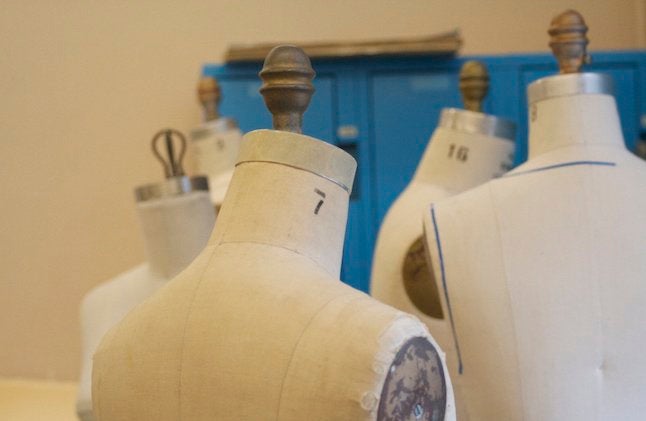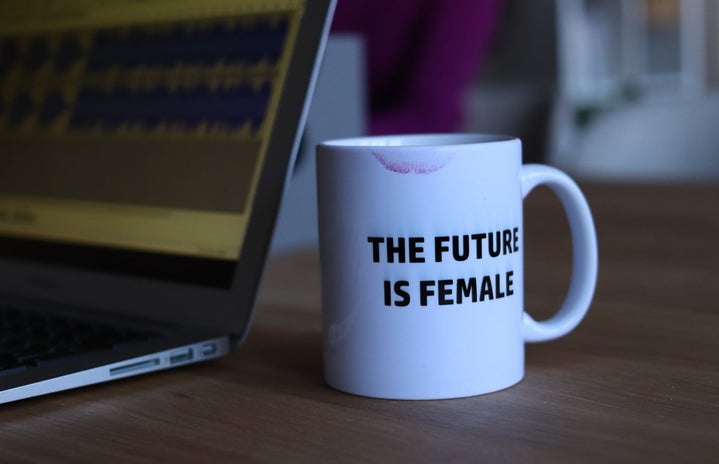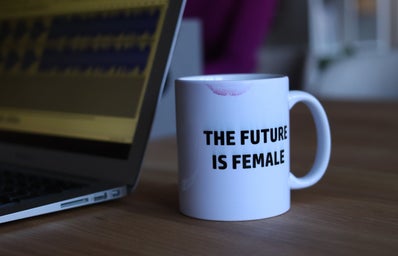Hugh Hefner was the founder of the renowned magazine known as Playboy Magazine. Hefner was known for his controversial viewpoints on topics like sexuality, freedom, and lifestyle. Now, the Playboy brand and the Playboy Bunnies have made a huge impact on today’s society — from being mentioned in songs to becoming one of the most iconic symbols and Halloween costumes amongst girls and couples. While the magazine’s prominence has diminished, the brand and its symbol, the Playboy Bunny, persist as enduring cultural icons.
For me, while the impact of Playboy is huge, the major impact on today’s society is the Bunnies. The Bunnies have evolved over the years, and their influence is still notable in society. The Bunny, with its distinctive costume and association with the Playboy Club, continues to evoke a sense of sophistication and allure. Current discussions around sexual freedom and empowerment owe a historical nod to the impact of Playboy and its lasting imprint on popular culture.

The Playboy Bunny quickly became an iconic symbol of the Playboy brand, and the costume itself became the emblem of two things: sophistication and sexiness. The Bunny costume might be one of the most recognized costumes. It typically includes a corset, bunny ears, a fluffy tail, and the iconic bowtie to pull the whole costume together. This costume is supposed to be both tasteful and alluring to the eyes. Being a Bunny may seem easy to an outsider, but Bunnies are trained to adhere to some very strict guidelines and certain standards, which are all outlined in what is known as the “Bunny Manual,” some of the rules talk about posture, grooming, and customer interactions.
Being a Playboy Bunny during the 1960s and 70s was a unique experience, offering a blend of glamor and excitement. But, there were also many challenges they had to face. Some of the positive aspects were that being a Bunny meant that they were part of an exclusive world because they got to mingle with celebrities and high-profile clientele and were associated with the luxurious Playboy brand. However, with all the glamor, there is also a price — from strict grooming and behavior standards. They also faced scrutiny for their appearance, and there were expectations regarding flirtatious behavior and interactions with the patrons. Despite the allure, there were instances of exploitation, and the Bunny image became synonymous with objectification. While some Bunnies reminisce about the camaraderie and unforgettable experiences, others reflect on the challenges and complexities of navigating the fine line between empowerment and exploitation in a role that became an iconic symbol of a bygone era.
The era of Playboy Bunny stands as a very fascinating chapter in cultural history, embodying both the allure of the glamor and the complexities of societal expectations. The Bunnies, while being in the spotlight of sophistication and exclusivity, navigated a world where personal empowerment and objectification often overlap. The impact of the Bunnies still lingers in discussions surrounding empowerment, agency, and the ongoing dialogue on the relationship between image, identity, and societal expectations. While Playboy Clubs have faded into the background, the Bunnies have endured as a symbol of the pursuit of personal liberation in today’s ever-evolving society.


